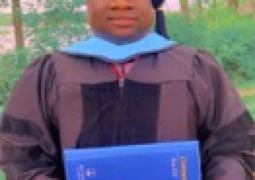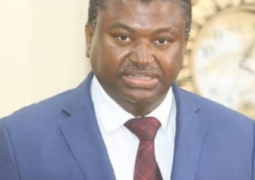
It could be recalled that a sometime ago, legislators voted against diaspora voting, omitting clause 14, which would have allowed citizens living abroad to vote during elections – an attempt to reconsider this issue during the last ordinary session was dismissed, and it was rejected again yesterday.
“Honourable Speaker, on March 25, 2025, I submitted a notice requesting permission to move a motion to rescind the decision made by the Committee of the Whole House to delete clause 14 from the Elections Bill. This provision is essential for stability in our political landscape and demonstrates our commitment to public service, despite our differences,” Hon. Ceesay expressed.
The Member for Kiang West emphasised the need to reconsider the decision, citing Section 29.3 of the Standing Orders. He pointed out that the 1997 Constitution, particularly Section 100, subsection 2b, grants the National Assembly the authority to legislate, and it is critical to uphold the Supreme Court’s ruling to guide our actions.
Furthermore, he stated that Section 127, subsections 1a and 1b, empower the Supreme Court to address legal limitations. “Recently, the Court affirmed that Gambians living abroad have the right to register for public elections, as outlined in Section 39 of the Constitution. This ruling protects our citizens’ democratic rights and urges us to consider their involvement in the election process. Therefore, it is crucial for the Assembly to rescind our previous decision and ensure compliance with the Constitution, safeguarding the rights of all Gambians, including those living abroad,” Hon. Ceesay outlined.
However, the Speaker ruled that the motion from the Member for Kiang West related to Clause 29.3, stating that reconsideration of any question decided in the current session is out of order unless a motion to rescind is made. “Since this matter pertains to a committee decision rather than a full Assembly decision, I believe such motions can be addressed during the consideration stage.”
Members debated the merits and demerits of the motion, which resulted in a vote where 16 members supported the motion, while 19 voted against it.




